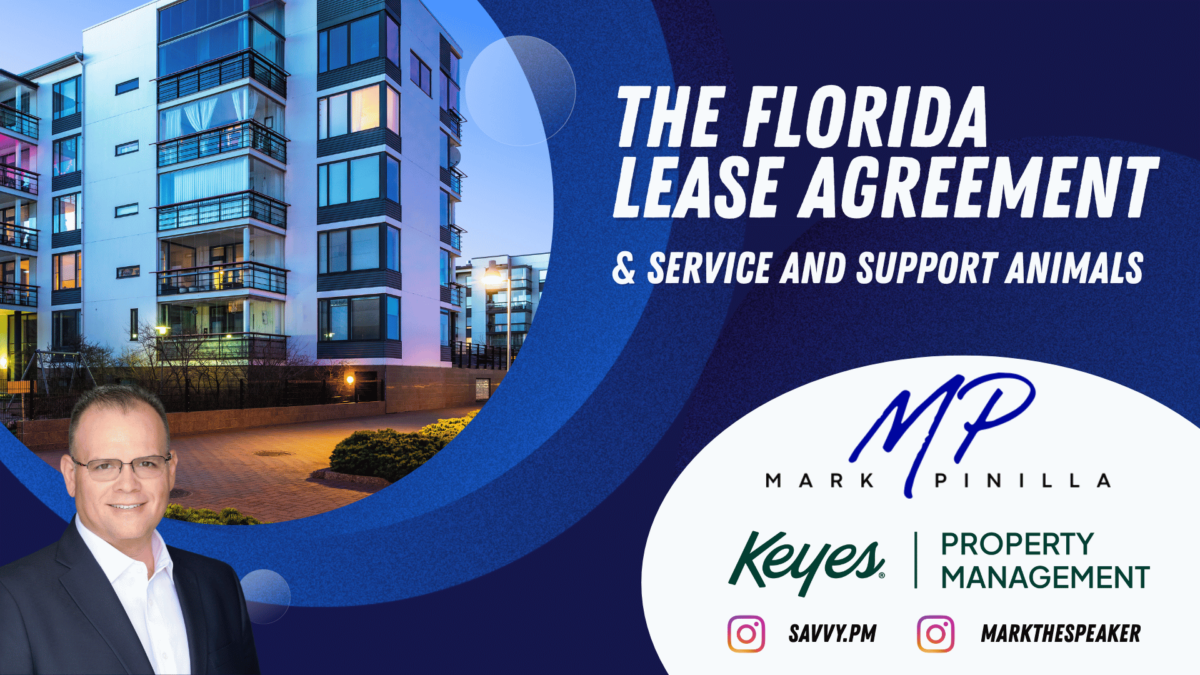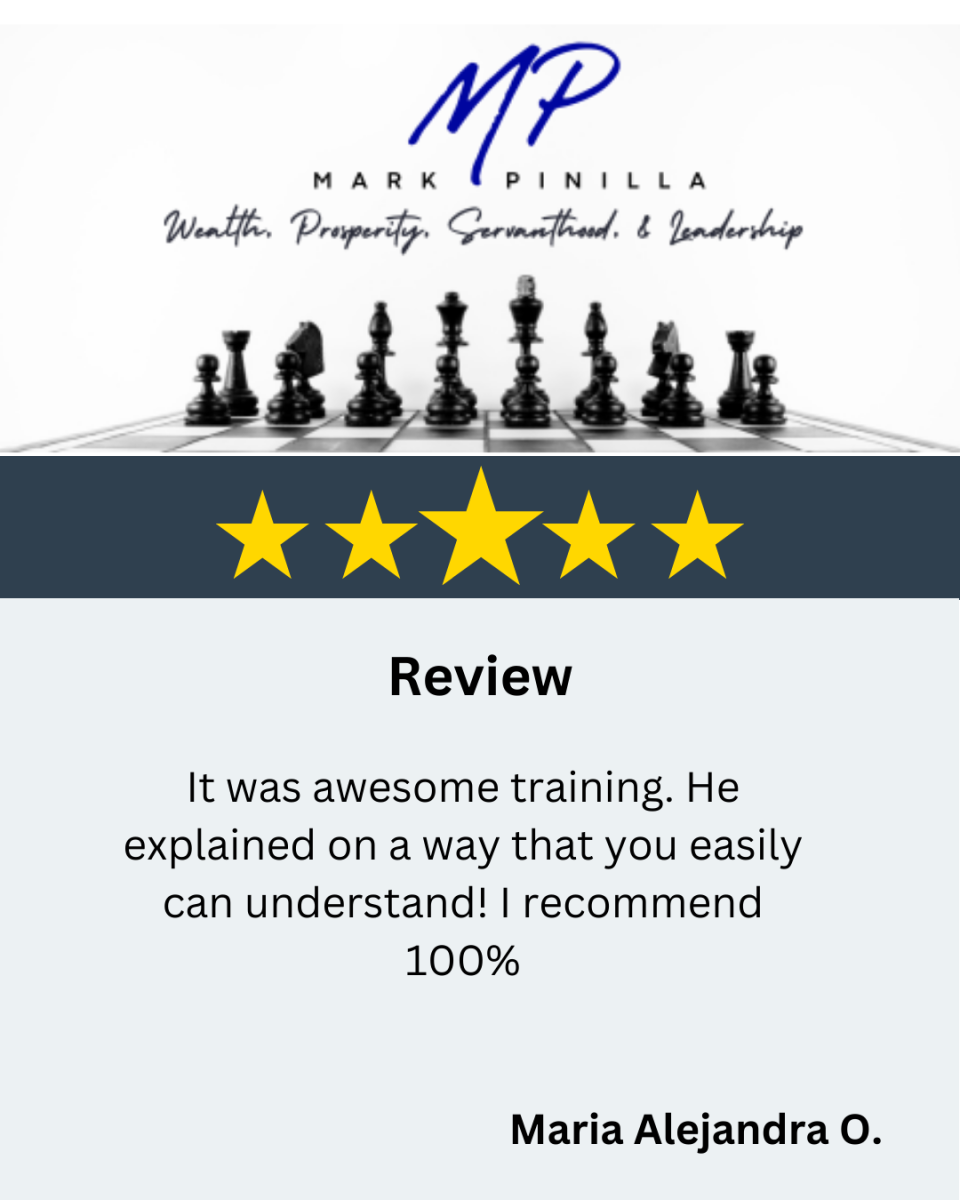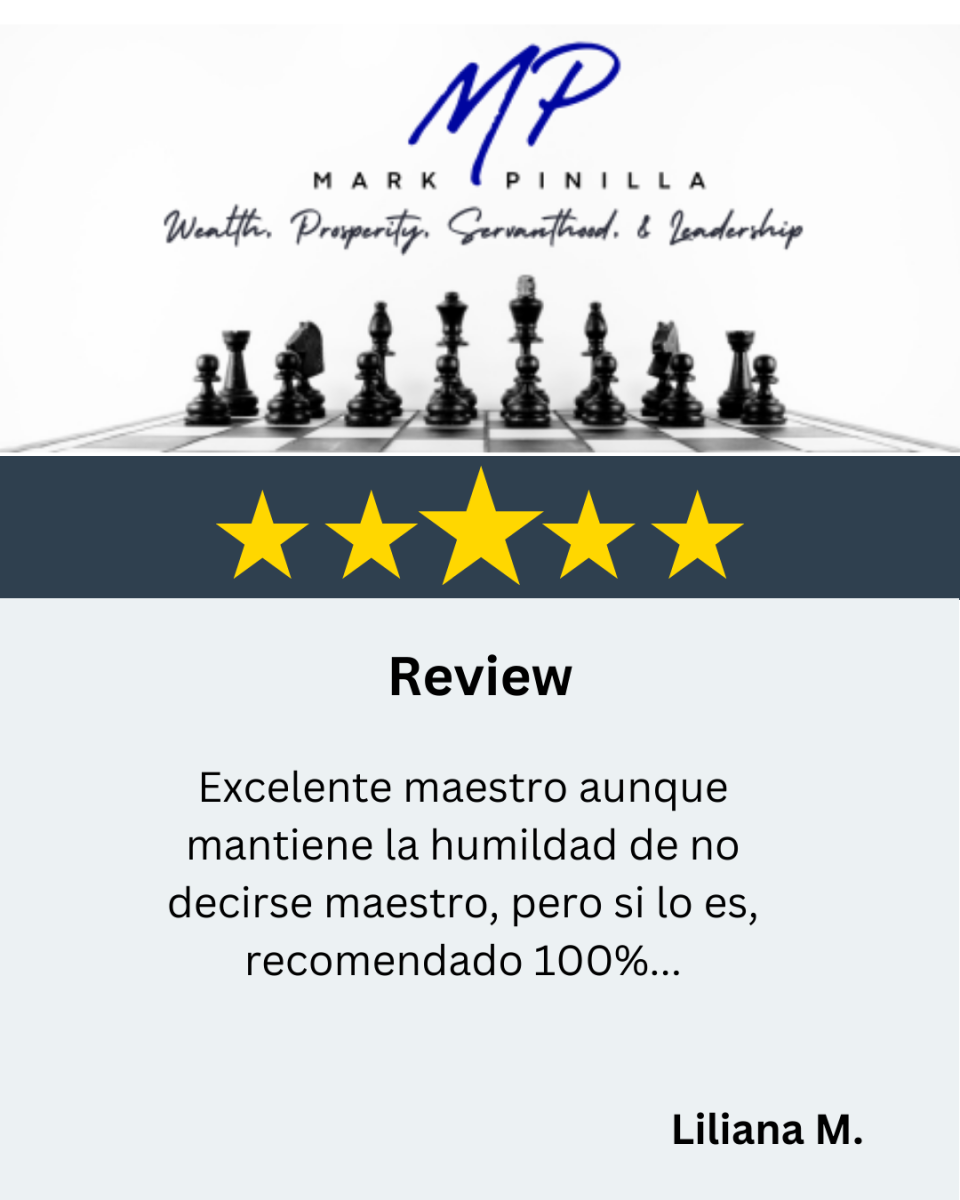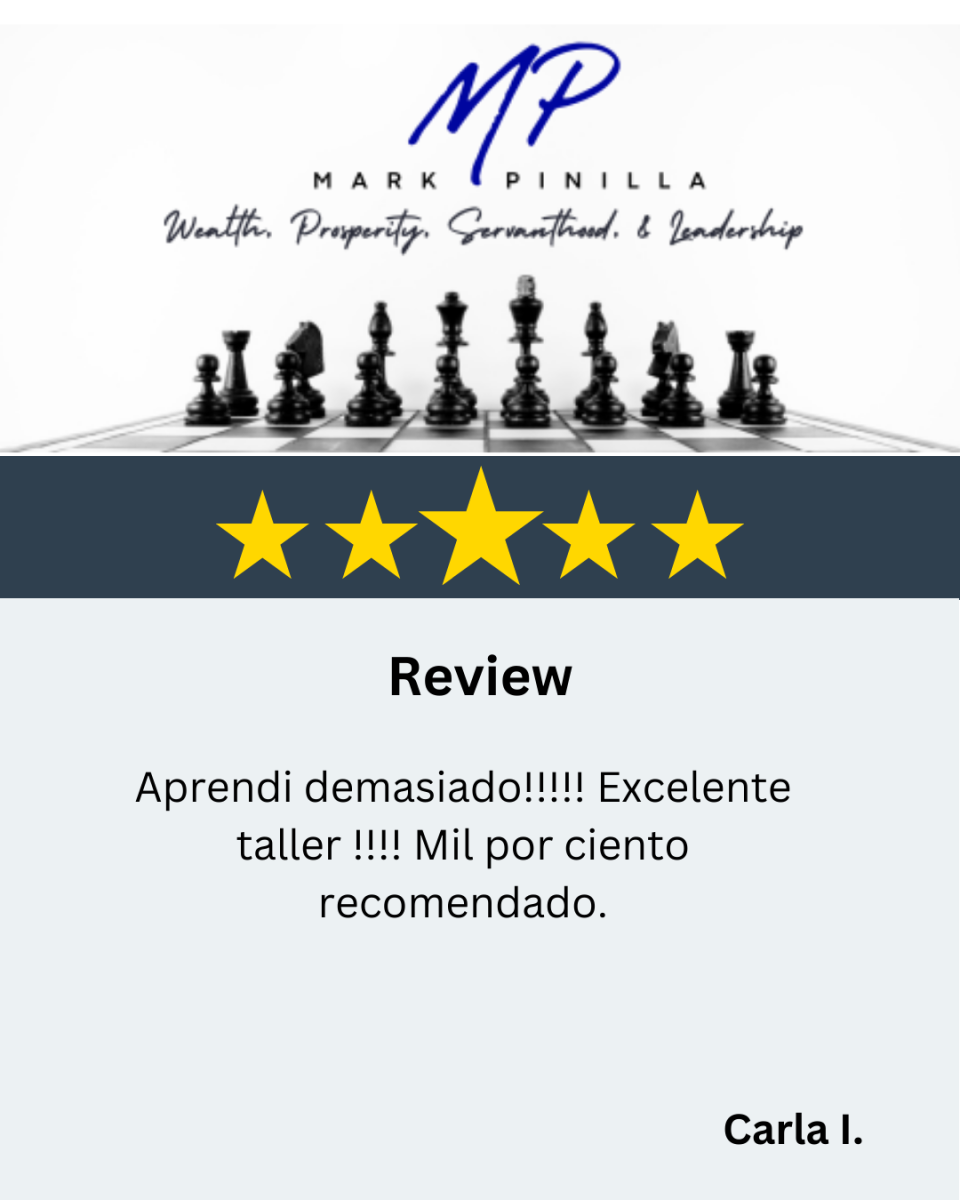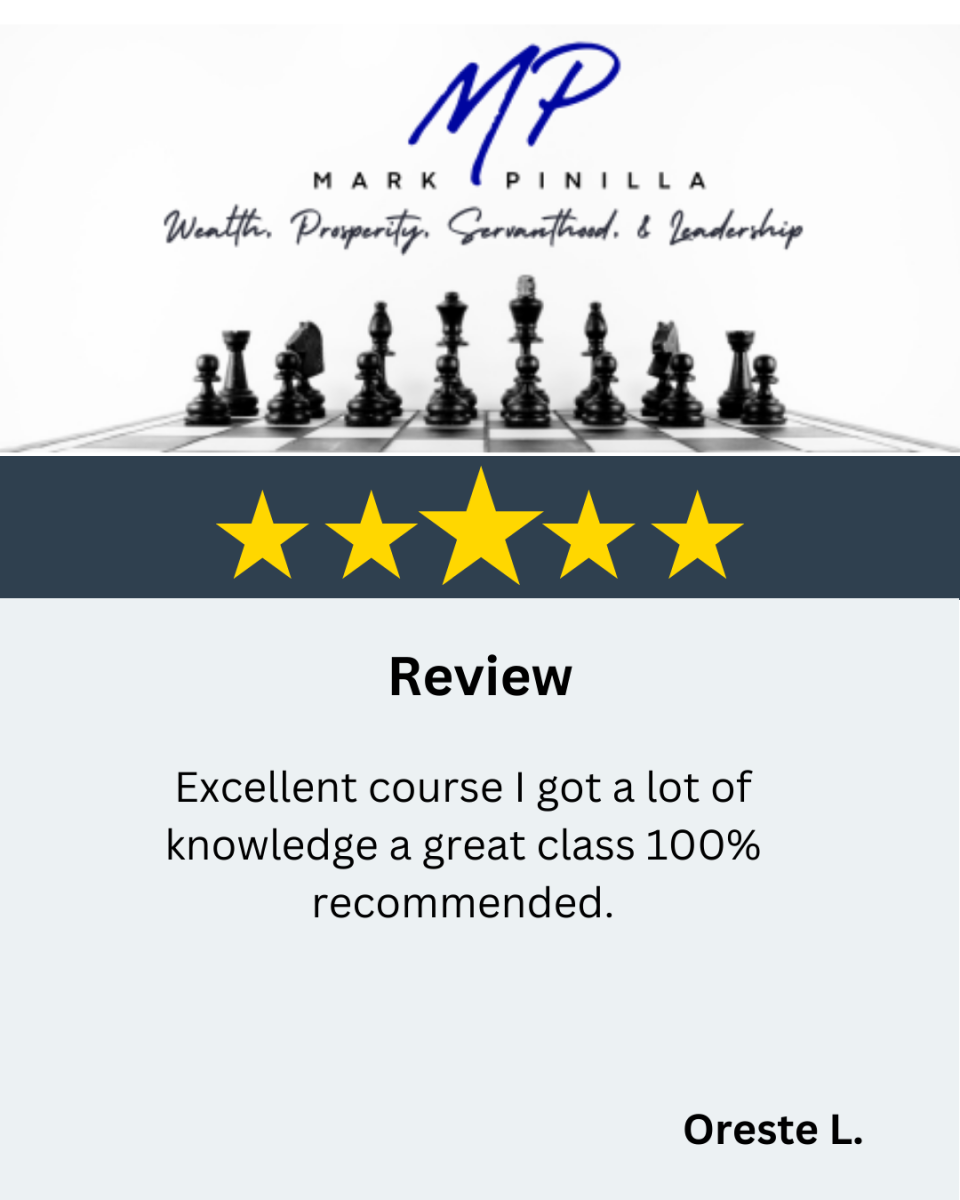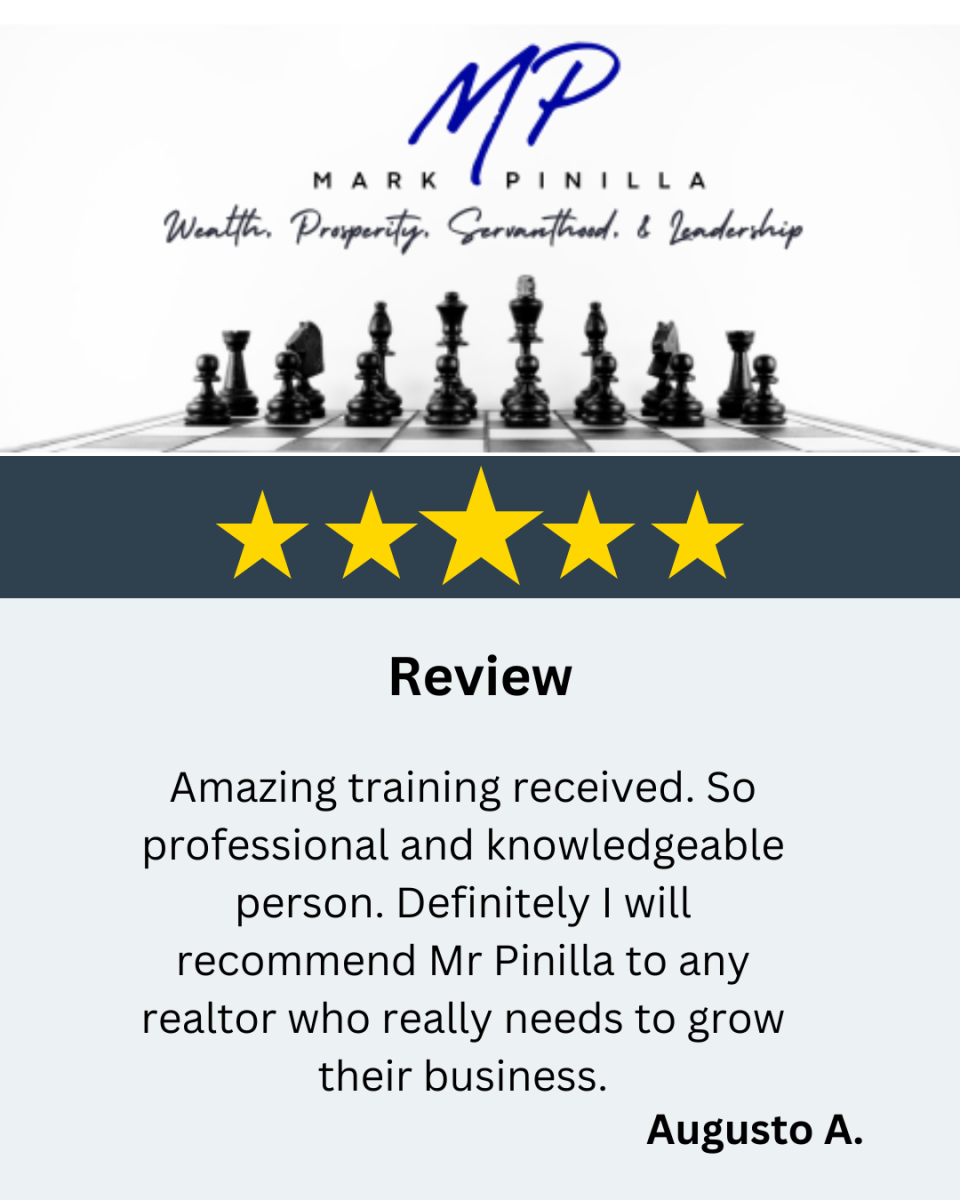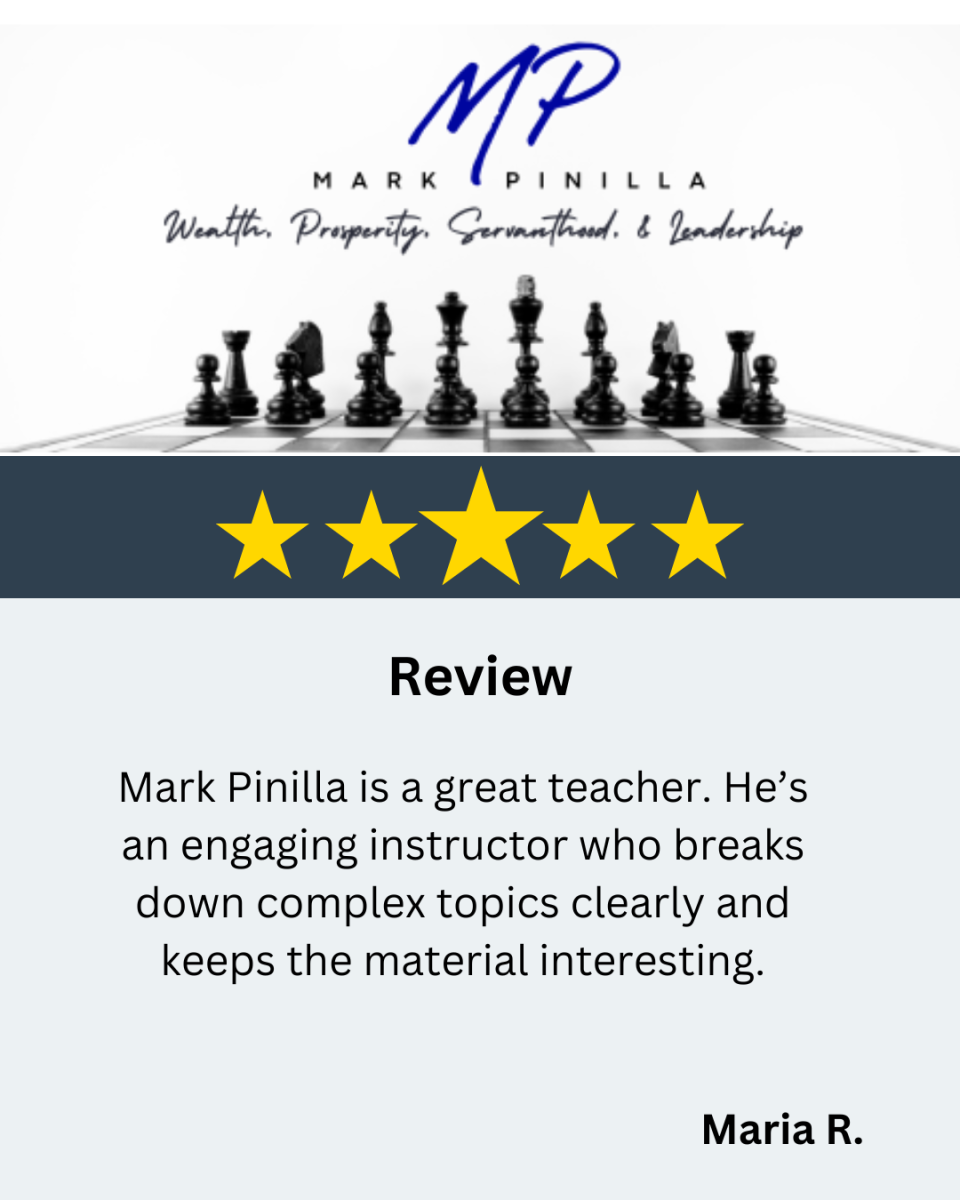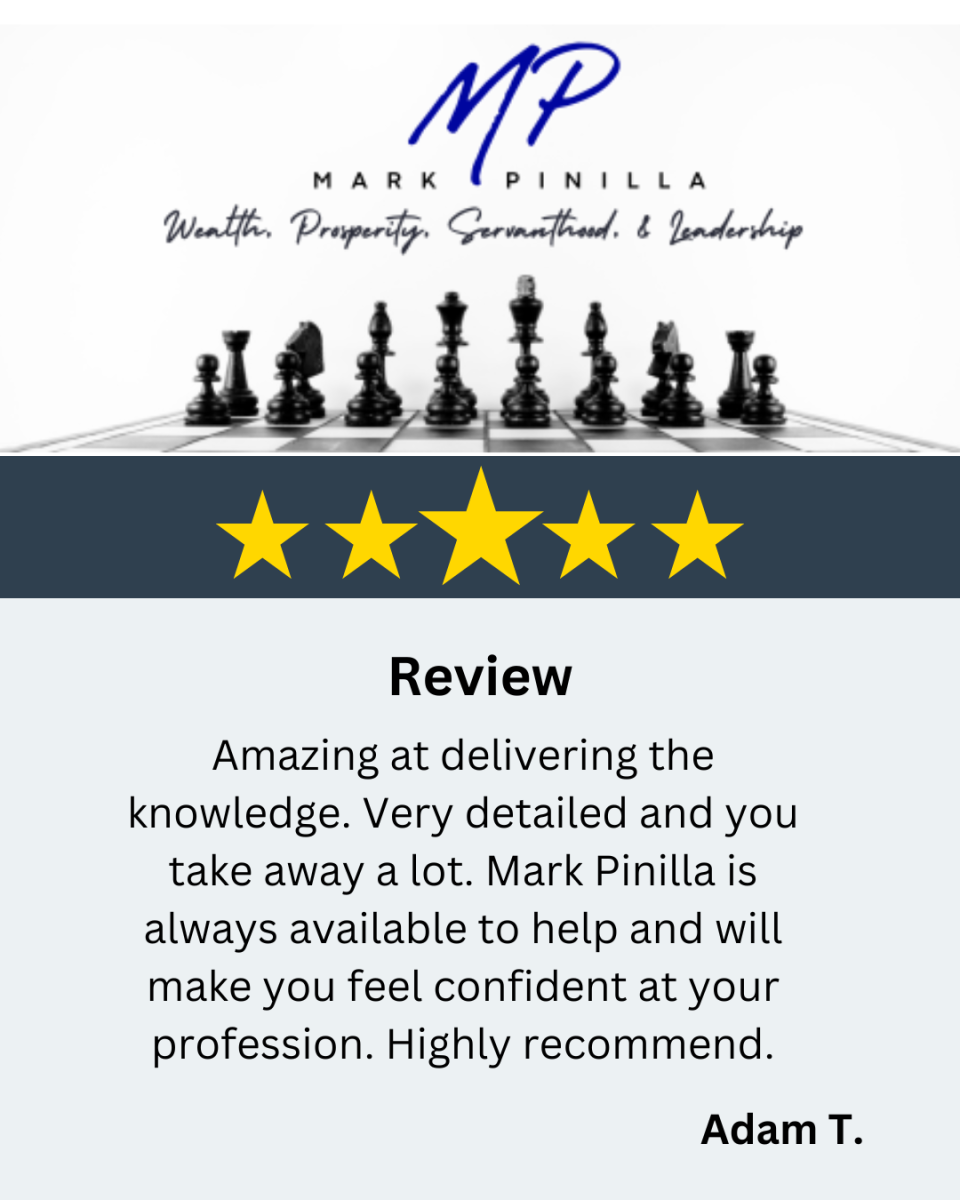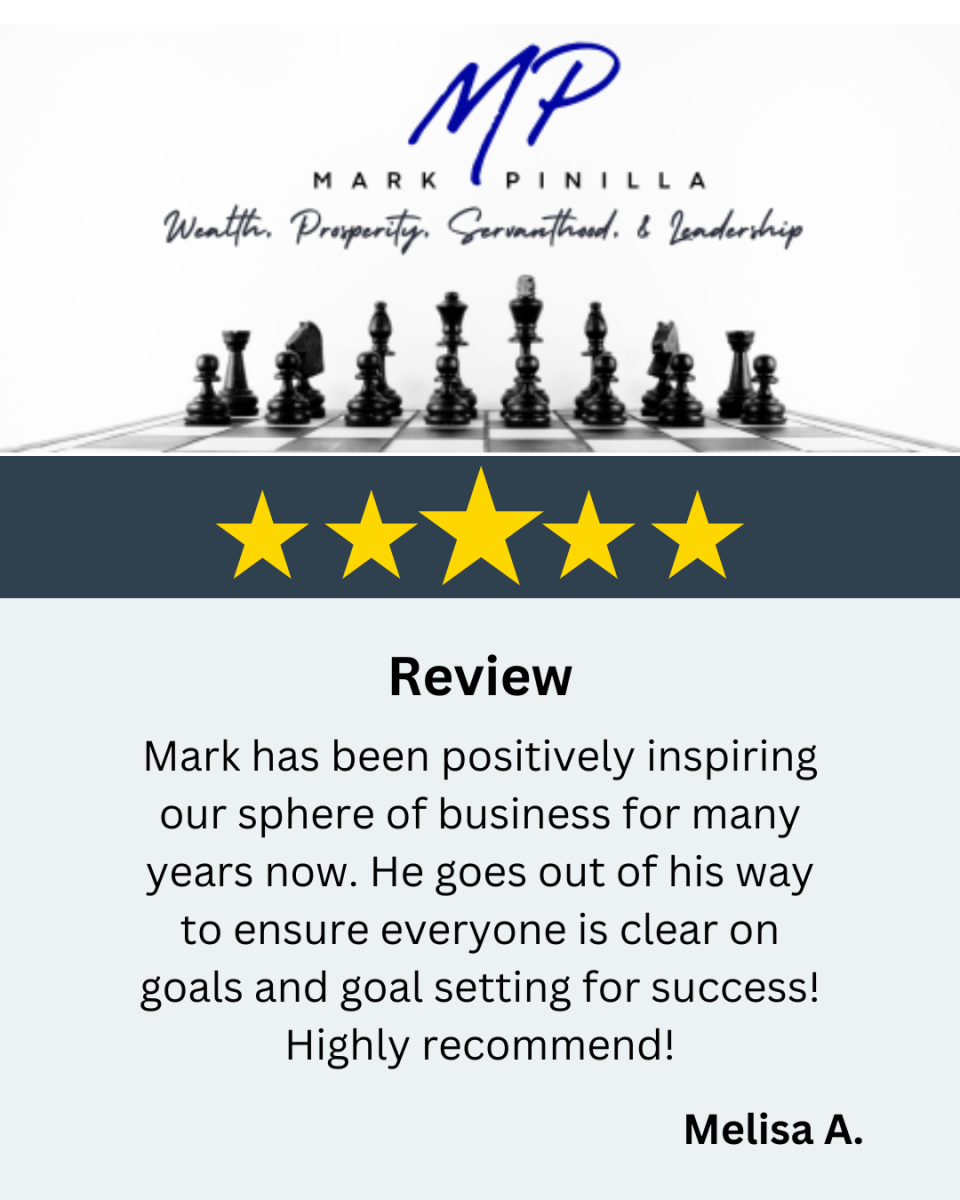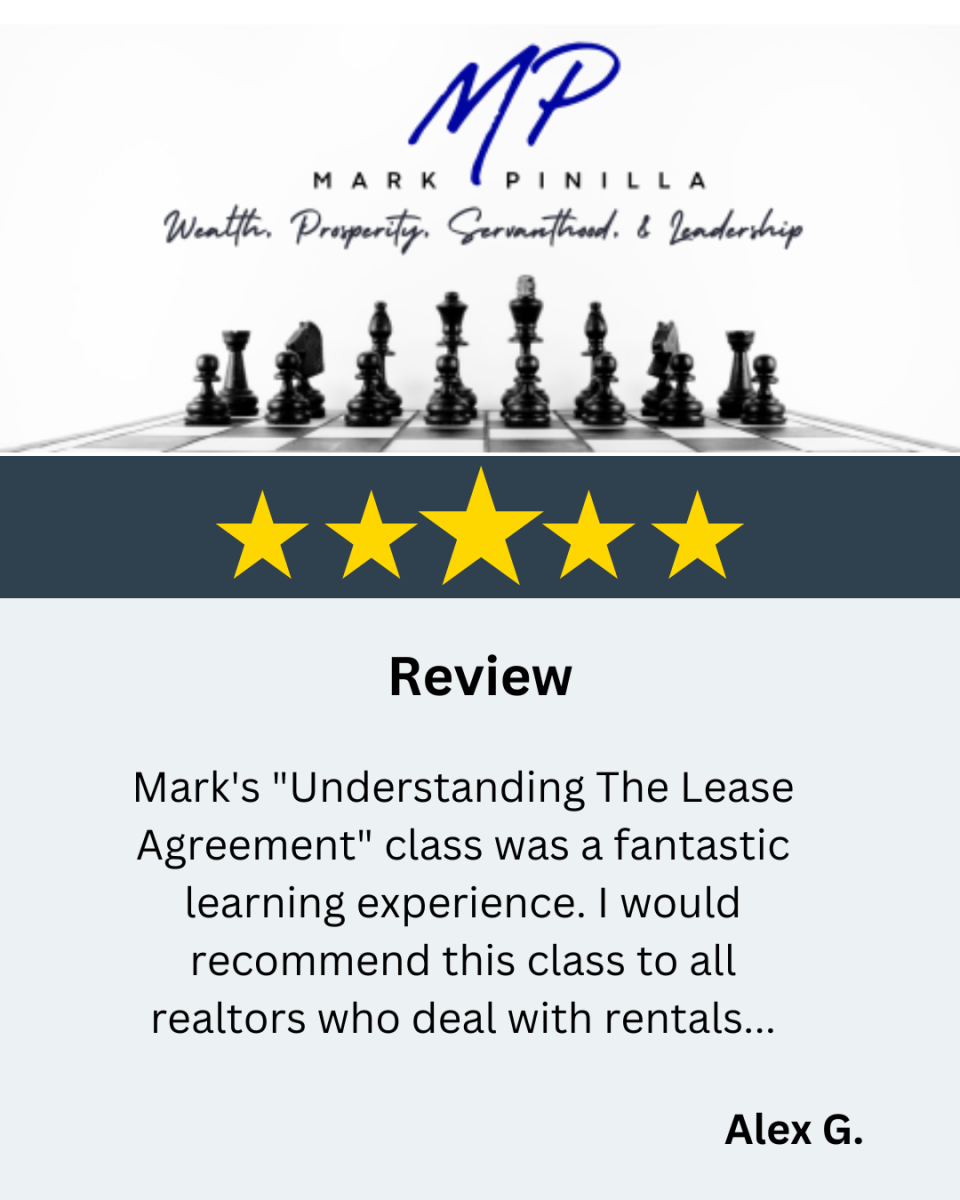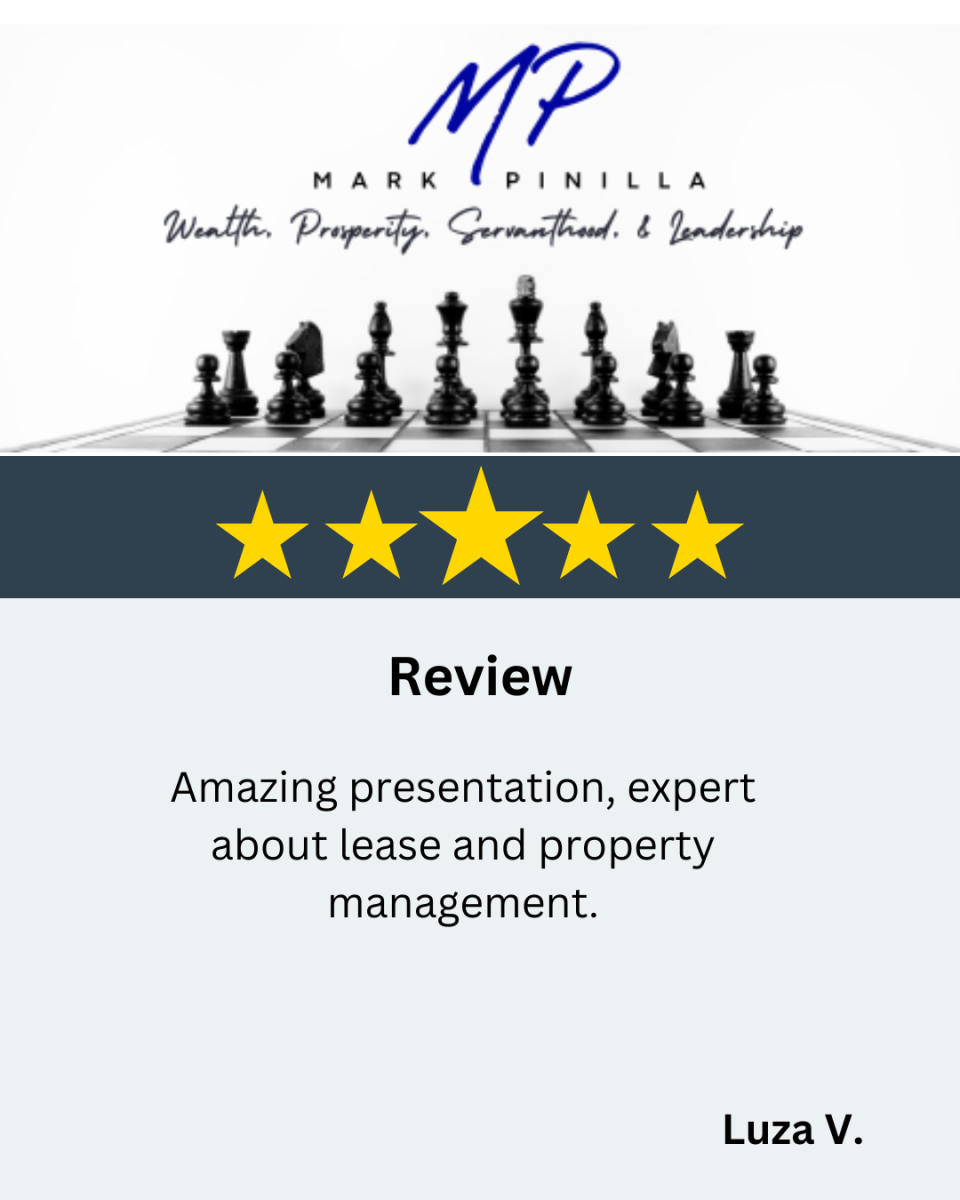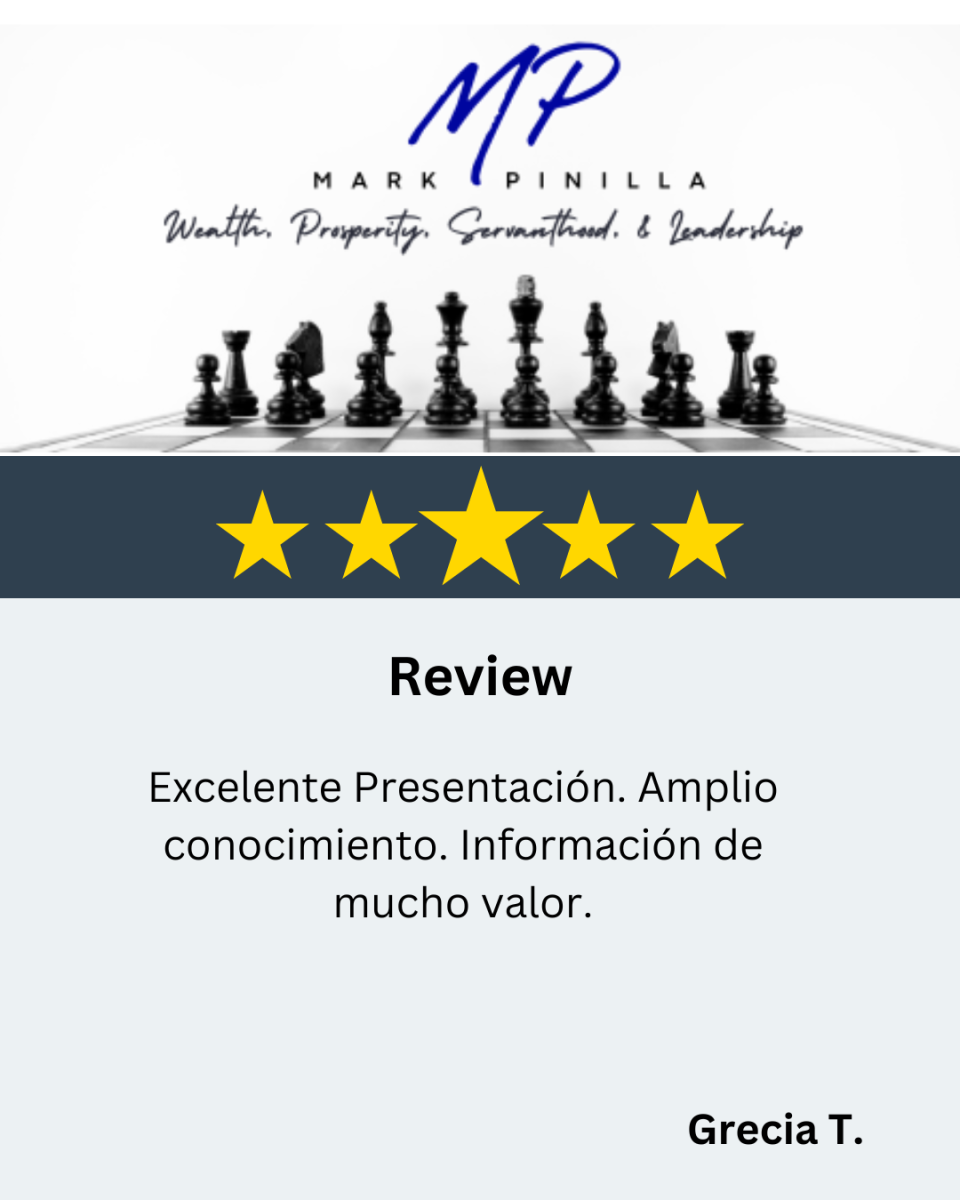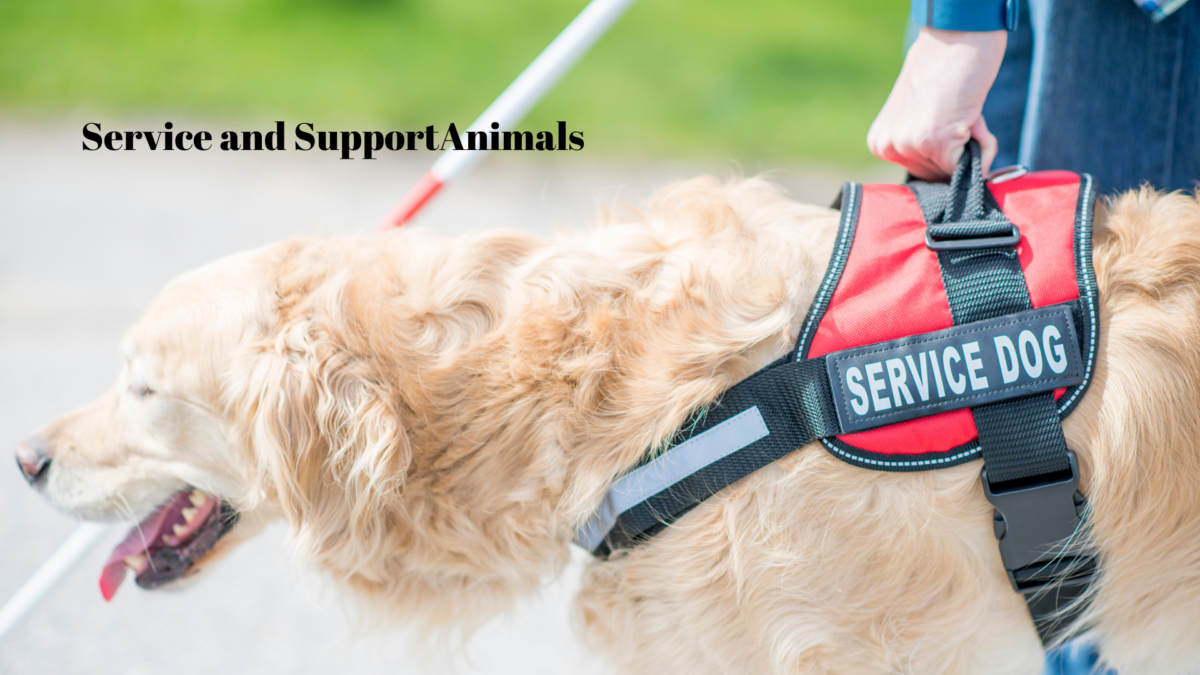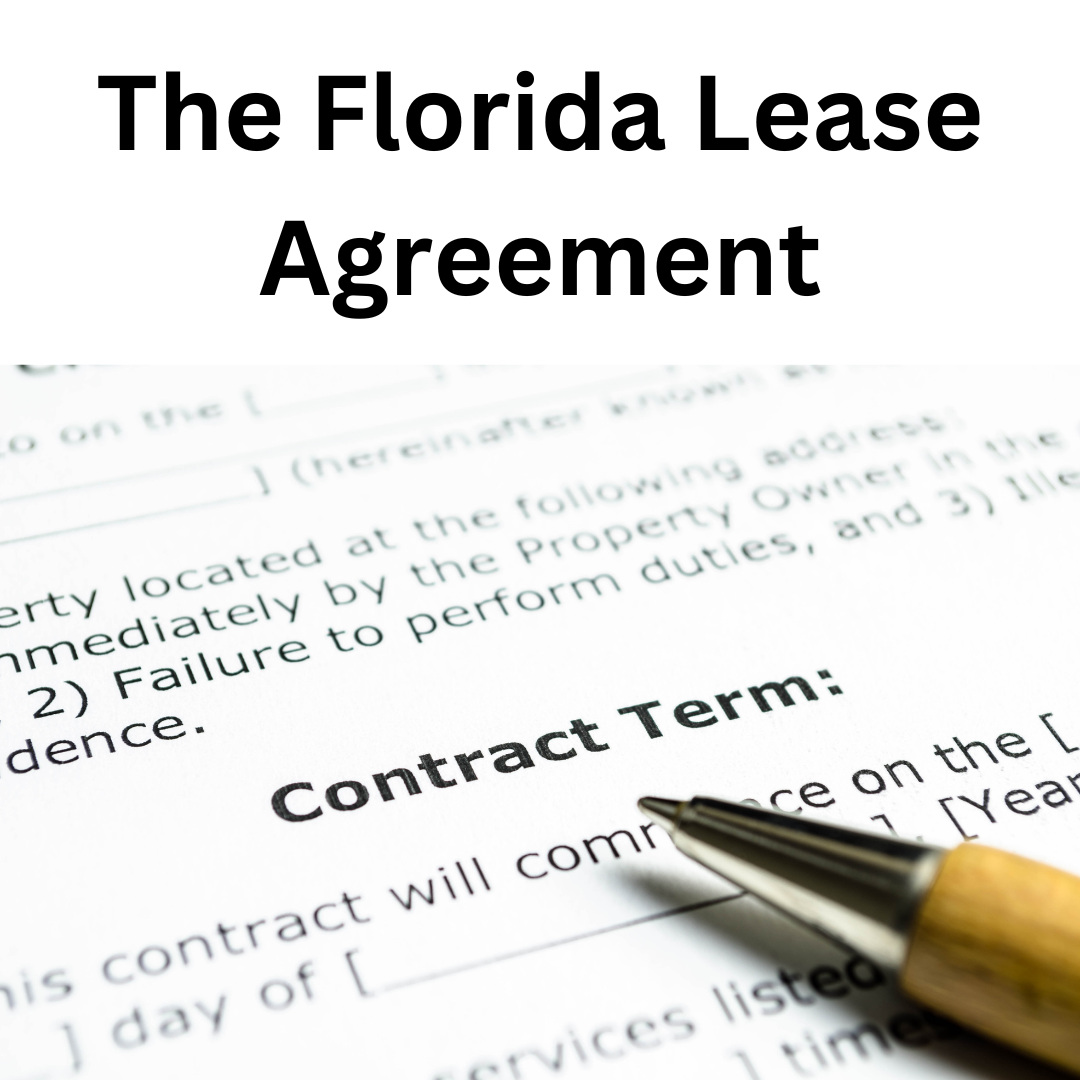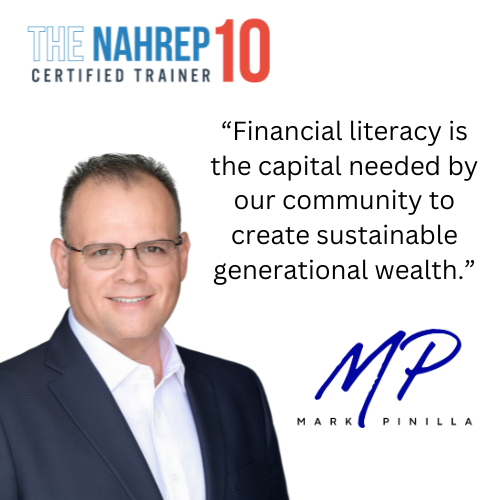Understanding the Florida Lease Agreement and effectively protecting the landlord, tenant, and Realtor’s interests. Learn what even some of the most experienced veteran real estate agents do not know and where most of the mistakes are made. Learn how to fill in the maintenance section, deal with active-duty military, and more.
This class and visual presentation lecture covers the Florida Lease Agreement intertwined with realtor & property management experiences based on how the lease was written/filled in. The training will cover the lease agreement flow from acquiring a tenant to the closing/move-in and the responsibilities of the Realtors® to their customers.
The Lease Agreement process will include:
• How to write a lease that protects the landlord, the tenant, and the Realtor®.
• Understand the difference between practicing law and being a Realtor®.
• Understanding the importance of naming the parties involved in the lease.
• Deposits and how to properly handle them.
• Understand the maintenance section and how it affects owners and tenants.
• How to handle active-duty military and their special exceptions to the leasing process.
• How to make sure the landlord does not pay for storage.
• Best practices for making sure all the sections are signed and initialed.
• Best practices when dealing with foreign landlords.
BONUS CONTENT:
• Service and Support Animals
• Understand the only questions you can ask a person requesting a reasonable accommodation.
• Understand the kind of documents that can be requested.
• Understand who can provide reasonable or trustworthy documentation as proof of the tenant’s need for a reasonable accommodation.
• Understand why a service or support animal is not a pet.
How Mark Pinilla Can Help
Mark Pinilla is a top-producing property manager with Keyes Property Management and trainer with nearly 30 years of real estate and property management experience. He supports over 1,000 REALTORS® at The Keyes Company, providing expert guidance on lease agreements, landlord-tenant laws, and compliance best practices.
For expert guidance on lease compliance, contact Mark Pinilla today.
#FloridaRealEstate #LeaseTermination #RentalProperty #LandlordTips #TenantRights #RealEstateInvesting #PropertyManagement #RealtorLife #HousingMarket #LegalLease #MarkPinilla

